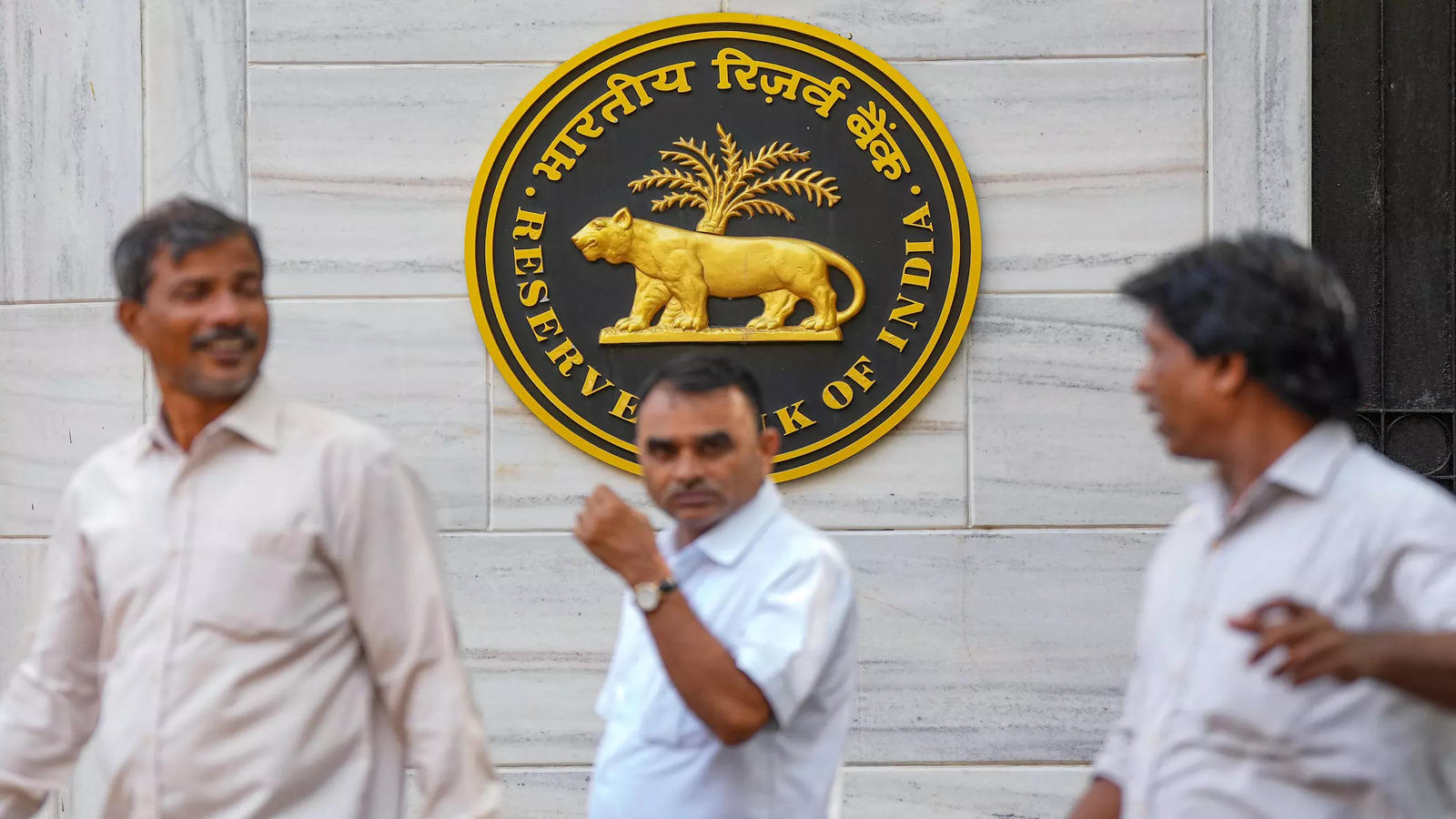- The Reserve Bank of India (RBI) has tightened regulations for Regulated Entities (REs) in order to reduce the practice of evergreening loans through investments in Alternative Investment Funds (AIFs).
- All banks, India Financial Institutions, and Non-Banking Financial Companies (NBFCs), including Housing Finance Companies, are subject to the rules.
About Alternative Investment Funds (AIFs)
| Details | |
| Definition | AIFs are privately pooled investment vehicles established in India that aggregate cash for investment from sophisticated investors. |
| Regulation | Governed by the SEBI (Alternative Investment Funds) Regulations, 2012. |
| Formation | Can be formed as a company, Limited Liability Partnership (LLP), trust, etc. |
| Investor Profile | Aimed at high rollers in India, including both indigenous and foreign investors. Because of the large investment amounts, it is generally preferred by institutions and high net worth people. |
| Categories of AIFs | Category I: Invests in start-ups, early-stage companies, SMEs, and other similar entities. Venture capital funds, angel funds, and other similar entities are included.Category II funds include those that are not in Categories I or III, such as real estate funds, debt funds, and so on. Except for operating needs, no leverage or borrowing.Category III: Uses complicated trading tactics and may employ leverage. Hedge funds, PIPE funds, and other similar investments are included. |
| Fund Structure | Category I and II AIFs must be closed-ended and have a three-year minimum duration.AIFs under Category III might be open-ended or closed-ended. |
Background Information and Regulatory Concerns
- Investment Practices: As part of their routine investment activities, REs frequently invest in AIF units.
- RBI’s Points of View: The RBI raised regulatory concerns about some transactions involving AIFs that replaced direct loan exposure for indirect exposure.
The New RBI Guidelines
- Investment Restriction: REs are barred from investing in any AIF scheme that has downstream investments in a debtor company of the RE, either indirectly or directly.
- Mandatory Liquidation: If an AIF scheme in which a RE already has a stake makes a downstream investment in a debtor company, the RE must liquidate its stake in the scheme within 30 days after the AIF’s investment.
- Existing interests: REs have 30 days from the issue of the circular to liquidate existing interests in such schemes. Failure to do so necessitates a full provision for these investments.
- Deductions from Capital Funds: Investments by REs in subordinated units of any AIF scheme with a ‘priority distribution model’ are fully deductible from the RE’s capital funds.
Source: https://www.businesstoday.in/personal-finance/news/story/rbi-tightens-norms-for-lenders-investing-in-aifs-410159-2023-12-20

